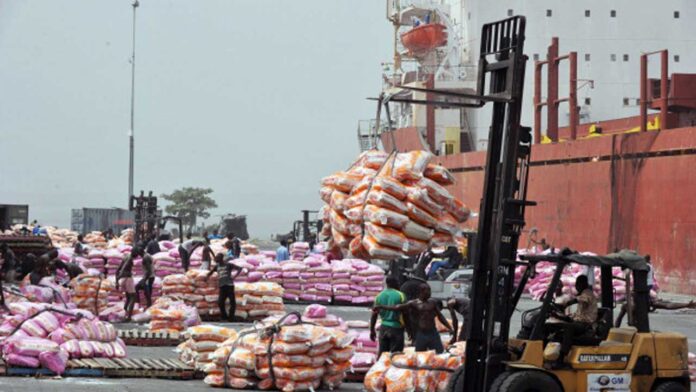ABUJA — Nigeria recorded a major rebound in foreign capital inflow in the first quarter of 2025, with total capital importation soaring by 67.12% year-on-year to $5.64 billion, up from $3.38 billion in the same period of 2024, according to the latest report by the National Bureau of Statistics (NBS).
The report, titled Nigeria Capital Importation (Q1 2025), also revealed a quarter-on-quarter growth of 10.86% from $5.09 billion in Q4 2024, signaling growing investor confidence despite global economic uncertainties.
Portfolio investments dominated the inflow, contributing a massive $5.20 billion — representing 92.25% of the total capital importation. Other investments followed with $311.17 million (5.52%), while Foreign Direct Investment (FDI) trailed at just $126.29 million, accounting for 2.24%.
The Banking sector emerged as the biggest beneficiary, attracting $3.13 billion or 55.44% of the total inflow. The Financing sector pulled in $2.1 billion (37.18%), while the Production and Manufacturing sector received $129.92 million (2.30%).
In terms of source countries, the United Kingdom led the pack, contributing $3.68 billion (65.26%) of total investment. South Africa followed with $501.29 million (8.88%), while Mauritius contributed $394.51 million (6.99%).
Geographically, the Federal Capital Territory (FCT) Abuja was the top investment destination, accounting for $3.05 billion (54.11%) of the capital inflow. Lagos State followed with $2.56 billion (45.44%). Ogun, Oyo, and Kaduna States also featured on the list, though with significantly smaller shares of $7.95 million, $7.81 million, and $4.06 million respectively.
The surge in capital importation, particularly in portfolio investment, highlights renewed investor interest in Nigeria’s financial markets amid ongoing reforms and expectations surrounding the 2027 general elections.

Comments